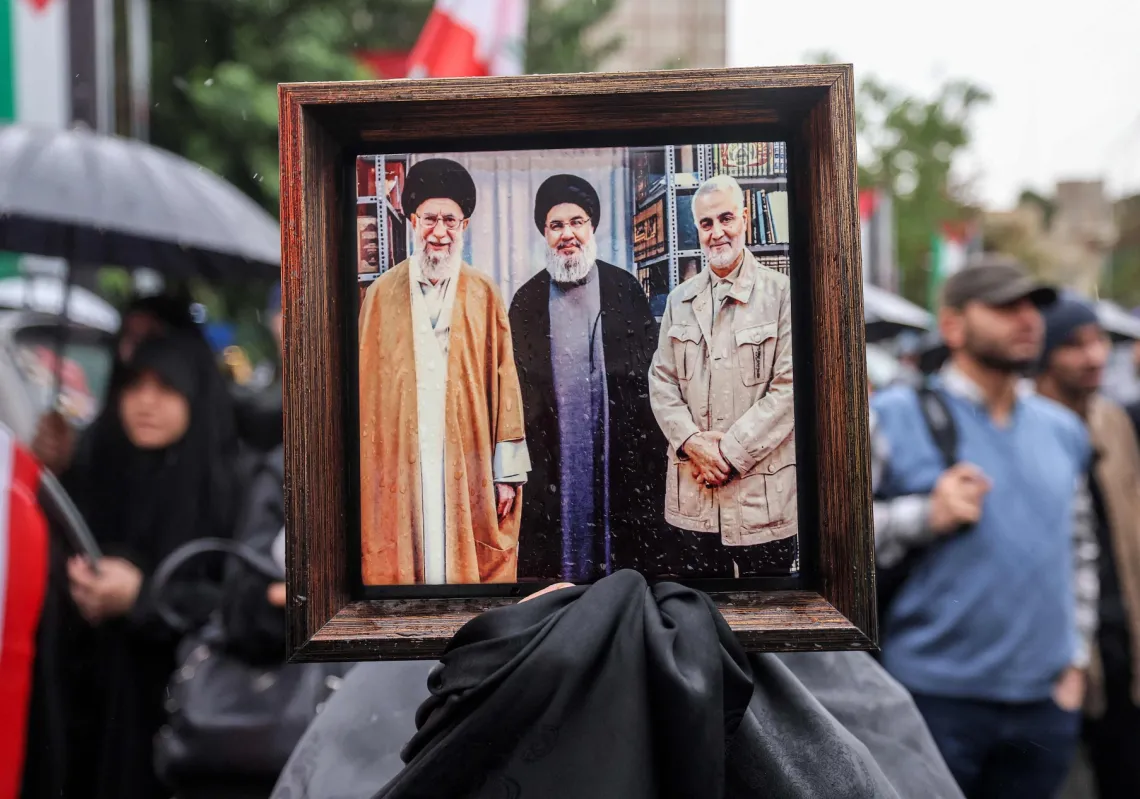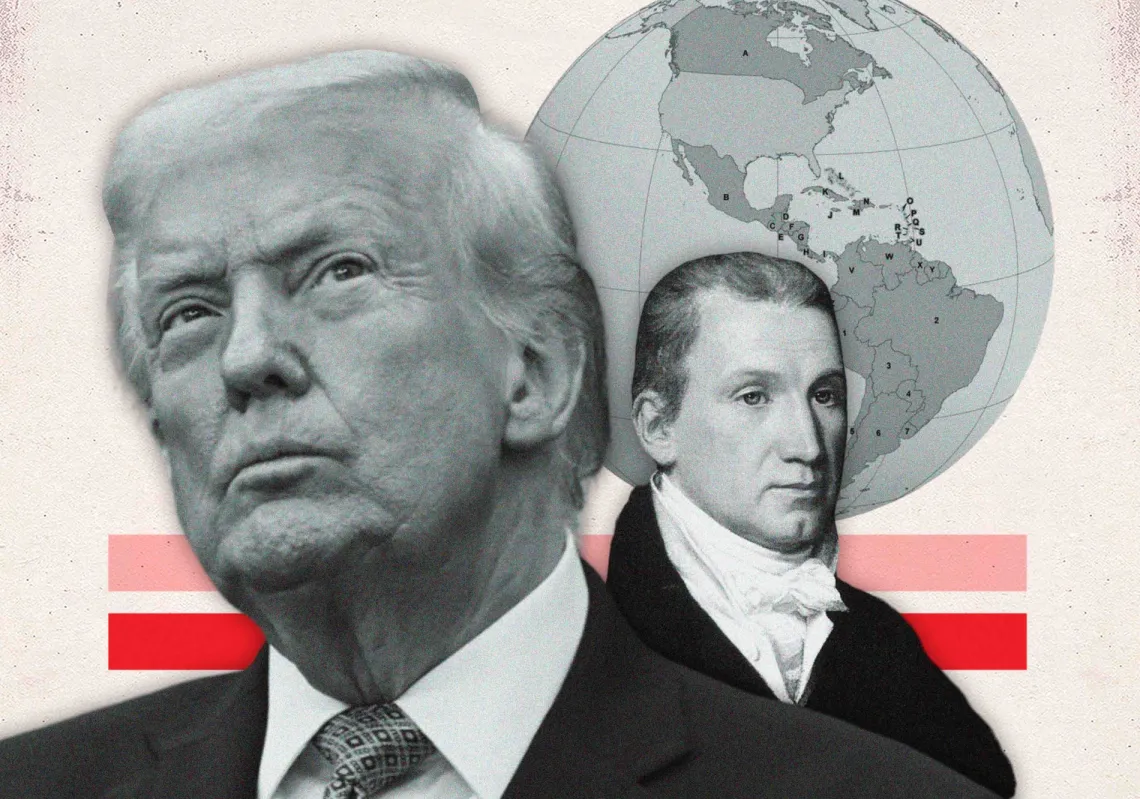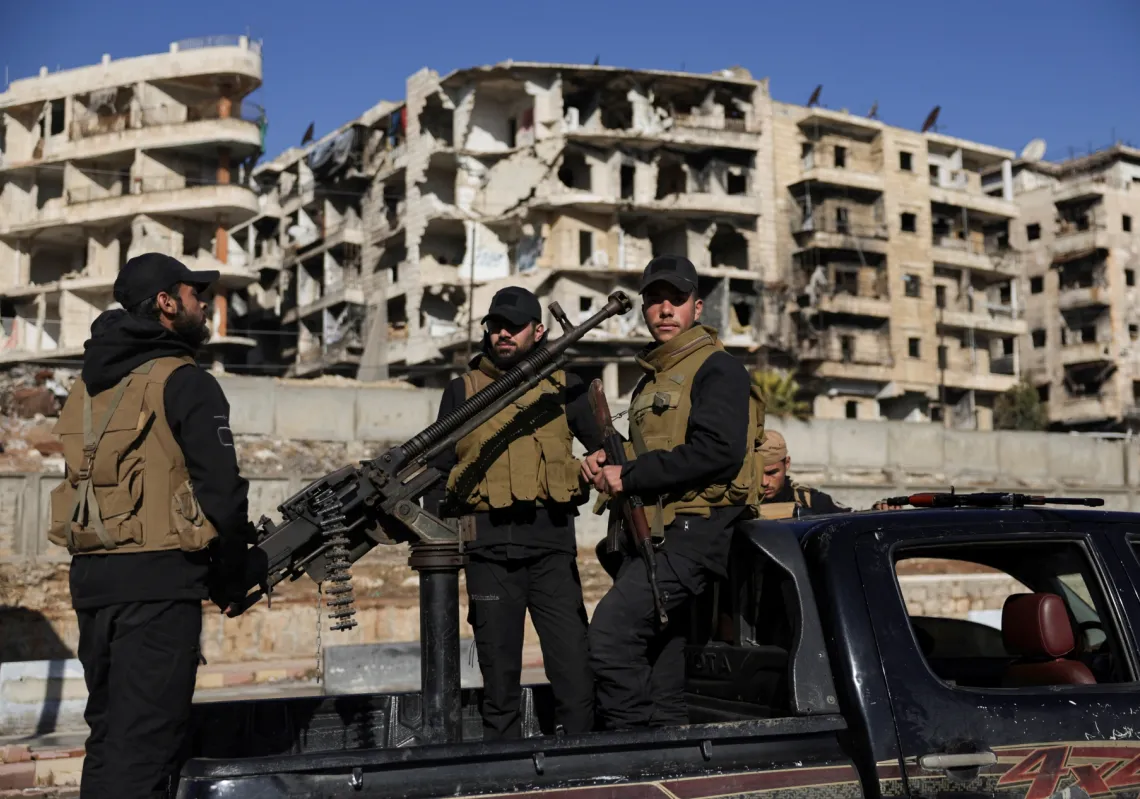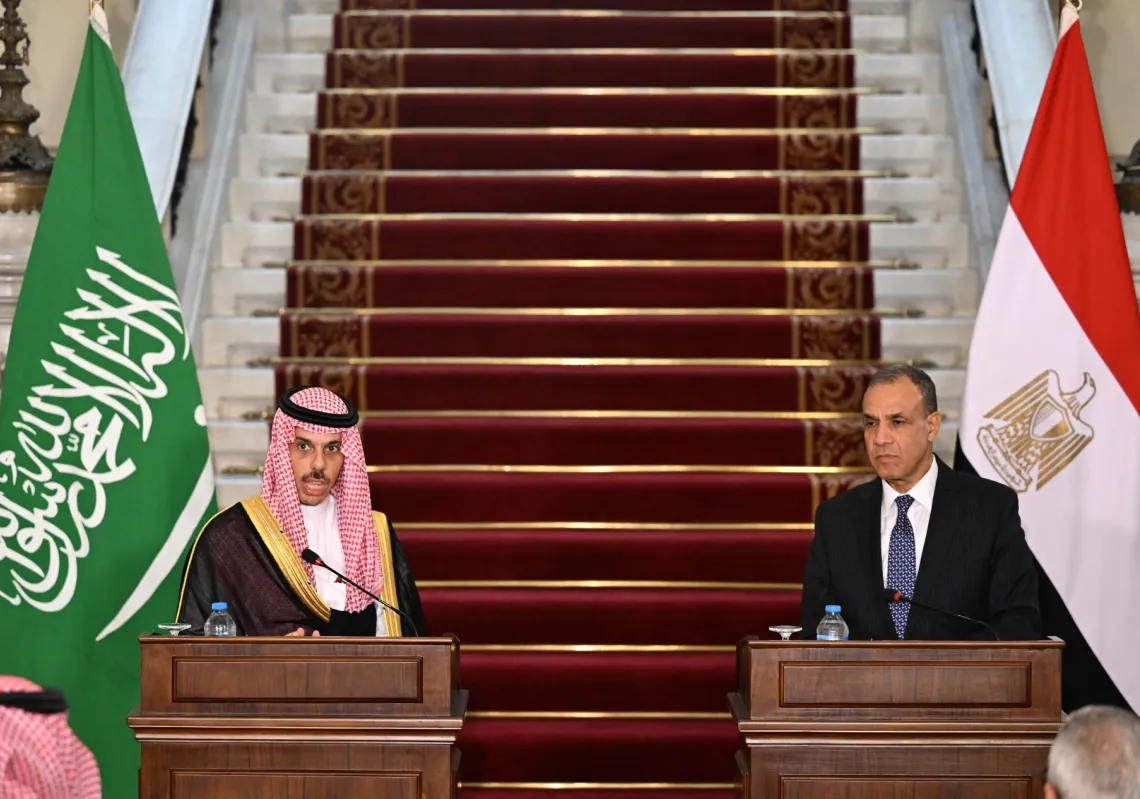 French-Lebanese director Ziad Doueiri, who has been criticised for filming part of a production in Israel, holds up his French and Lebanese passports outside the Military Tribunal in Beirut on September 11, 2017, after he was detained at Beirut airport on his way back from the Venice Film Festival.(Getty) [/caption]
French-Lebanese director Ziad Doueiri, who has been criticised for filming part of a production in Israel, holds up his French and Lebanese passports outside the Military Tribunal in Beirut on September 11, 2017, after he was detained at Beirut airport on his way back from the Venice Film Festival.(Getty) [/caption]
by Hanin Ghaddar*
Ziad Doueiri is the director of the film “The Insult,” which opened with rave reviews at the Venice Film Festival last week, and earned the Palestinian actor Kamel El-Basah the Volpi Cup for best actor. The Lebanese Minister of Culture Ghattas Khoury attended the festival’s opening ceremony to support the Lebanese director, and chose his film as Lebanon’s official entry for the foreign film category at the Oscars.
As all this looks great for Lebanon, a country striving for good news of any kind in the midst of war, corruption and deteriorating economic conditions. Ziad Doueiri’s achievements are supposed to be a cause for celebration in this grim context. But Lebanon’s other – and more powerful entity – Hezbollah, Iran and their agents – thought that Ziad should be punished.
Upon his return from Vienna, Doueri was arrested at the airport by the General Security and both his Lebanese and French passports were confiscated. He was also forced to appear before State Commissioner to the Military Court Judge Saqr Saqr on Monday to face his charges: a trip he made to Israel six years ago where he filmed one of his movies “The Attack.”
Doueri had stayed in Israel between 2011 and 2012 while shooting the movie which features several Israeli actors and was banned by Lebanon and most Arab states. “The Attack” is about a Palestinian surgeon living in Tel Aviv who discovers that a suicide attack in the city that killed 17 people was carried out by his wife.
This arrest came after Al-Akhbar writer and pro-Hezbollah supporter Pierre Abi Saab wrote a column titled “Ziad Doueri, apologize for your Israeli slip.” “Today, Ziad Doueri is coming on a white horse from Venice with a new movie expecting us to carry him on our shoulders and welcome him as a conqueror,” Abi Saab wrote. “We will not accept that the crime be covered,” he wrote.
After his release, Al-Akhbar launched a campaign - headed by Abi Saab – criticizing the authorities for letting him go unpunished, and basically saying that this is far from over, “because many Lebanese will not accept this treason.”
Officially, Lebanon and Israel are in a state of war in theory, Doueiri’s visit was in violation of article 285 of the Lebanese penal code, which prohibited “any visit to enemy territory without prior authorization." After three hours of questioning at the military court, he was released without charges because the authorities found that he has “no criminal intentions against the Palestinian cause,” his lawyer told the press.
A THREAT TO LEBANON’S CORE FREEDOMS
Despite Doueiri’s release, the real problem is still impending and threatens the core of freedoms in Lebanon. It is understandable if Lebanon refuses to normalize institutional relations with Israel. State institutions should not be asked to communicate with Israeli State institutions, considering the fragile cease-fire of 2006 and all the sensitivities of Lebanon’s sovereignty and decision-making. However, when it comes to individuals, especially artists, writers, and intellectuals of any kind, this oppressing rhetoric only hurts Lebanon.
Encouraging individuals to understand the world and other cultures, including Israeli culture, should be the norm when the state cannot. To be proud of our artists and people who are trying to bring new ideas to the public discourse should be the norm, not a crime.
Lebanon is controlled by Hezbollah, whose leadership proudly confessed to being funded and guided by Iran’s Revolutionary Guards. In Hezbollah’s case, imposing Iran’s agenda on Lebanon and damaging its sovereignty is celebrated by Abi Saab and his ilk, and Hezbollah’s involvement in a bloody sectarian war in Syria is also acceptable, but Doueri is a criminal for making a movie. The hypocrisy of this rhetoric is sickening, to say the least.
The problem here should be whether Doueri violated the law or not. The law in Lebanon is very selective as we know and the judicial system is no longer an independent entity that can be trusted to treat all citizens on an equal basis. The core of the discussion should be the law itself and whether it makes sense or not. In addition, it is unacceptable that the Military Court is still handling cases related to Lebanese citizens.
WHY NOW?
It is very interesting that this arrest happened six years after Doueri visited Israel. Especially that he had visited Lebanon several times since then. The answer to this question actually explains everything that happened to Doueiri and other people who have been arrested and interrogated by the authorities for their opinions. Simply, Iran and its agents in Lebanon believe that they have won the regional war, and it’s time to take advantage of this victory to silence their opponents and teach them a lesson.
Hezbollah leader Hassan Nasrallah has just declared victory in Syria. He stated in comments for the same Al-Akhbar newspaper that “the path of the other project has failed and wants to negotiate for some gains.” This “victory”, combined with the “victory” over ISIS in Lebanon earlier, will only be used by Hezbollah and its proxies in Lebanon to oppress and gain more control, as they’ve always done after every victory, small or big.
Hezbollah today wants the Lebanese to forget everything that had happened since 2005 and the Cider Revolution that led to the withdrawal of the Syrian army and the formation of the March 14 camp. Although March 14 could not eliminate Hezbollah’s power completely in Lebanon, they’ve at least created some kind of balance that allowed for political maneuvering and a margin of freedom for those who opposed Hezbollah and Iran’s agenda.
March 14 has been weakened to a point of no return, and Hezbollah managed – by the power of its arms – to undermine most of the state institutions in Lebanon. That’s not enough for Hezbollah. Any opposition to their power should be silenced, whether it comes from a politician, a writer, an activist, or an artist. No one should be allowed to breathe. This only shows vulnerability on the side of Hezbollah and fear that their fragile victory might not last. Of course they know that their honeymoon is temporary and that in Lebanon, no one was ever able to enjoy full control.
In any case, Abi Saab and his audience of angry Lebanese only did Doueiri a favor. His film “The Insult” has just opened in Lebanon and it will undoubtedly receive high viewership. In Lebanon, people already know that censorship is the best marketing tool.
*Hanin Ghaddar is the inaugural Friedmann Visiting Fellow at The Washington Institute.









